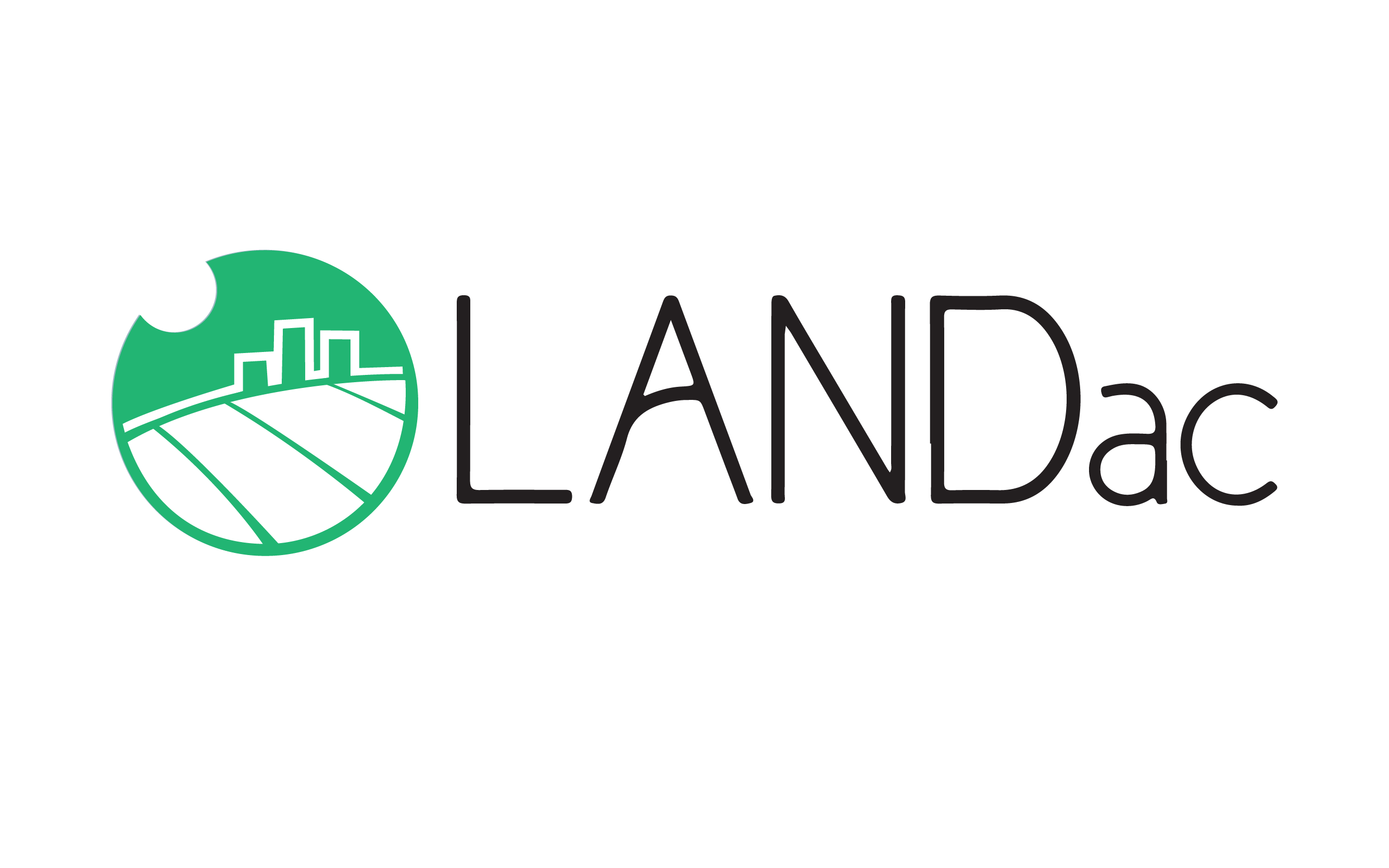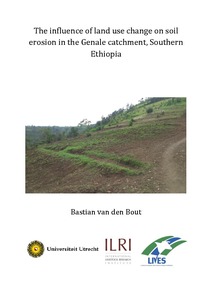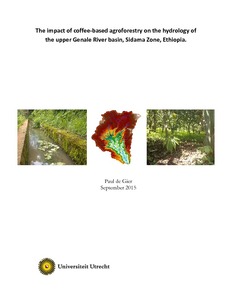Location
3508 TC Utrecht
Netherlands
Utrecht University is a university in Utrecht, the Netherlands. It is one of the oldest universities in the Netherlands. Established March 26, 1636, it had an enrollment of 30,449 students in 2012, and employed 5,295 faculty and staff. In 2011, 485 PhD degrees were awarded and 7,773 scientific articles were published. The 2013 budget of the university was €765 million.
The university is rated as the best university in the Netherlands by the Shanghai Ranking of World Universities 2013, and ranked as the 13th best university in Europe and the 52nd best university of the world.
Utrecht University motto
The university's motto is "Sol Iustitiae Illustra Nos," which means "Sun of Justice, shine upon us." This motto was gleaned from a literal Latin Bible translation of Malachi 4:2. (Rutgers University, having a historical connection with Utrecht University, uses a modified version of this motto.)
Source: Wikipedia (d.d. November 13th 2017)
Members:
Resources
Displaying 6 - 10 of 12The influence of land use change on soil erosion in the Genale catchment, southern Ethiopia
Soil erosion forms one of the main causes of land degradation in third world countries. The subject of this research was the inuence of land use and land use change on soil erosion in the upper Genale catchment, Southern Ethiopia. A land use classification was implemented for Landsat satellite images from 1985, 1993, 2003 and 2015. Using a hydro- logical model of the catchment, created with the Soil and Water Assessment Tool (SWAT), an erosion model was developed. The results of an erosion survey, which focused on diferent land uses, were used for calibration and validation.
The impact of coffee-based agroforestry on the hydrology of the upper Genale River basin, Sidama Zone, Ethiopia
Research was done in the upper part of the Genale River basin in the Sidama Zone, Ethiopia. The research focussed on answering the question whether coffee-based agroforestry could ve an impact on the local hydrology. Discharge data, land use data and soil data was collected in the field and from literature and together put into a SWAT model to investigate the hydrological cycle of the basin. Several scenarios were created in which the amount of coffee in the area was altered.
UNIPP Technical Secretariat project
General
This project establishes the secretariat of UNIPP. UNIPP will focus on the following key thematic areas for intervention: 1. Legislative review and reform: develop capacities of State institutions to have indigenous peoples’ rights included and recognized within the national legal system, including through constitutional reforms, development of legislation and incorporation at administrative levels both through indigenous specific legislation such as in areas of non-discrimination. 2 Democratic governance and indigenous peoples’ institutions: strengthening indigenous peoples’ institutions and organizational capacity to fully participate in governance and policy processes at local and national levels 3. Access to justice: recognition and strengthening of indigenous customary law and justice systems; and their inclusion within national legal systems. 4. Access to land and ancestral territories: developing and strengthening capacities for land titling, demarcation and use of ancestral territories, including local capacity development initiatives and those aimed at securing greater recognition of indigenous lands. 5. Natural resources and extractive industries: promoting a framework for conflict prevention, consultation, participation, benefit-sharing and dispute resolution. This area will have a special focus on conflict prevention initiatives around ancestral land and use of natural resources, in particular the need to develop capacity of indigenous communities in negotiation skills and dispute resolution in line with international legal instruments.
UNIPP Technical Secretariat project
General
This project establishes the secretariat of UNIPP. UNIPP will focus on the following key thematic areas for intervention: 1. Legislative review and reform: develop capacities of State institutions to have indigenous peoples’ rights included and recognized within the national legal system, including through constitutional reforms, development of legislation and incorporation at administrative levels both through indigenous specific legislation such as in areas of non-discrimination. 2 Democratic governance and indigenous peoples’ institutions: strengthening indigenous peoples’ institutions and organizational capacity to fully participate in governance and policy processes at local and national levels 3. Access to justice: recognition and strengthening of indigenous customary law and justice systems; and their inclusion within national legal systems. 4. Access to land and ancestral territories: developing and strengthening capacities for land titling, demarcation and use of ancestral territories, including local capacity development initiatives and those aimed at securing greater recognition of indigenous lands. 5. Natural resources and extractive industries: promoting a framework for conflict prevention, consultation, participation, benefit-sharing and dispute resolution. This area will have a special focus on conflict prevention initiatives around ancestral land and use of natural resources, in particular the need to develop capacity of indigenous communities in negotiation skills and dispute resolution in line with international legal instruments.
Influencing Policy for Sustainable Cocoa Landscapes in Ghana
General
In Ghana, we aim to agree on better policies for planted and naturally occurring trees and land tenure arrangements, to enable cocoa farmers to adopt good agricultural practices. Cocoa farmer organisations, Chiefs, land committee, queen mothers, assembly members, private companies, research institutions and CBOs of Sefwi Wiawso were engaged in dialogue. Jointly recommendations for policies, by-laws and norms for on-farm tree ownership and land access security were formulated and agreed. A new lease agreement document that defines rights and obligations of tenant cocoa farmers and traditional authorities (landowners) is about to get finalized, allowing for automatic renewal of forty years and giving cocoa farmers more certainty on their land rights. We provided practical support to 4 farmer organisations and 5 CBOs to raise their knowledge around land and tree ownership and acquisition policies. Particularly women’s access to land has been on the agenda in 20 communities to prepare them for the stakeholder dialogue and meaningful participation.





